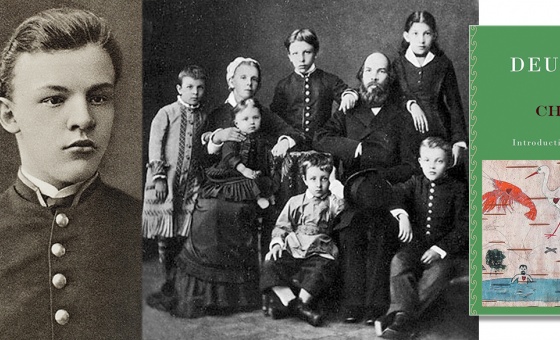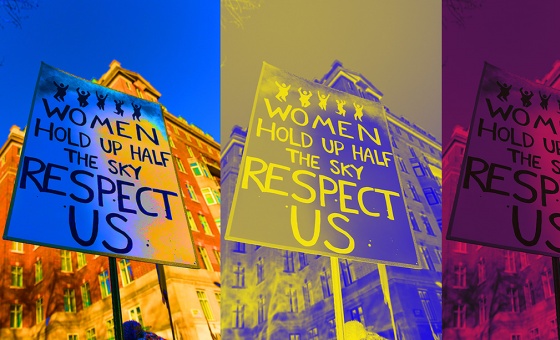This is the last article you can read this month
You can read more article this month
You can read more articles this month
Sorry your limit is up for this month
Reset on:
Please help support the Morning Star by subscribing here
RUSSIA is storming the Azovstal steel plant in occupied Mariupol, Ukraine said today, as troops began a new assault.
The Russian army said it was attacking offensive positions taken by Ukrainian troops — mostly members of the neonazi Azov Battalion — who occupy the warren of pipes and tunnels that extends for several square miles. The plant is the last holdout in Mariupol and Russian President Vladimir Putin has ordered it be starved out.
The renewed attack came on the day authorities in the city of Zaporizhzhia said 127 civilians evacuated from the plant on Sunday had now arrived safely in Ukrainian territory. But at least 200 civilians are still believed to be trapped.
Not everyone who left Mariupol arrived, with some having chosen to remain in areas held by separatists of the Donetsk and Lugansk “people’s republics” — rebel Ukrainian statelets formed in response to the 2014 Maidan coup in Kiev — according to the Russian military. Mariupol, on the Black Sea, has long been a site of political tensions, with the Ukrainian national guard taking three days to suppress anti-Maidan protesters there in 2014.
Western diplomatic and military support for Ukraine was ramped up, although German Chancellor Olaf Scholz declined to visit Kiev, a rebuke to its government for having declined a visit by Germany’s president last month.
Ukraine then claimed that Frank-Walter Steinmeier had “cosied up to Russia” while he was German foreign minister, but Mr Scholz said it should be grateful for financial and military assistance and the insult would not be forgotten.
There was no coldness from Britain’s Boris Johnson, who deployed a pastiche of Churchill rhetoric in addressing Ukraine’s parliament by video link today, saying the war was the country’s finest hour and pledging a further £300 million in advanced weaponry.
But EU efforts to impose sweeping bans on Russian fossil fuel exports foundered as member states Hungary and Slovakia vetoed bans, saying that infrastructure alterations to cope with non-Russian crude oil would take years.
Last week it emerged that Russian income from fossil fuel exports had doubled since the invasion, with Western sanctions increasing the price of oil and gas, which it is still selling worldwide in vast quantities. However, much of the revenue is inaccessible if paid in foreign currencies or deposited in banks outside Russia — a reason Russia has pushed for payments in roubles.












